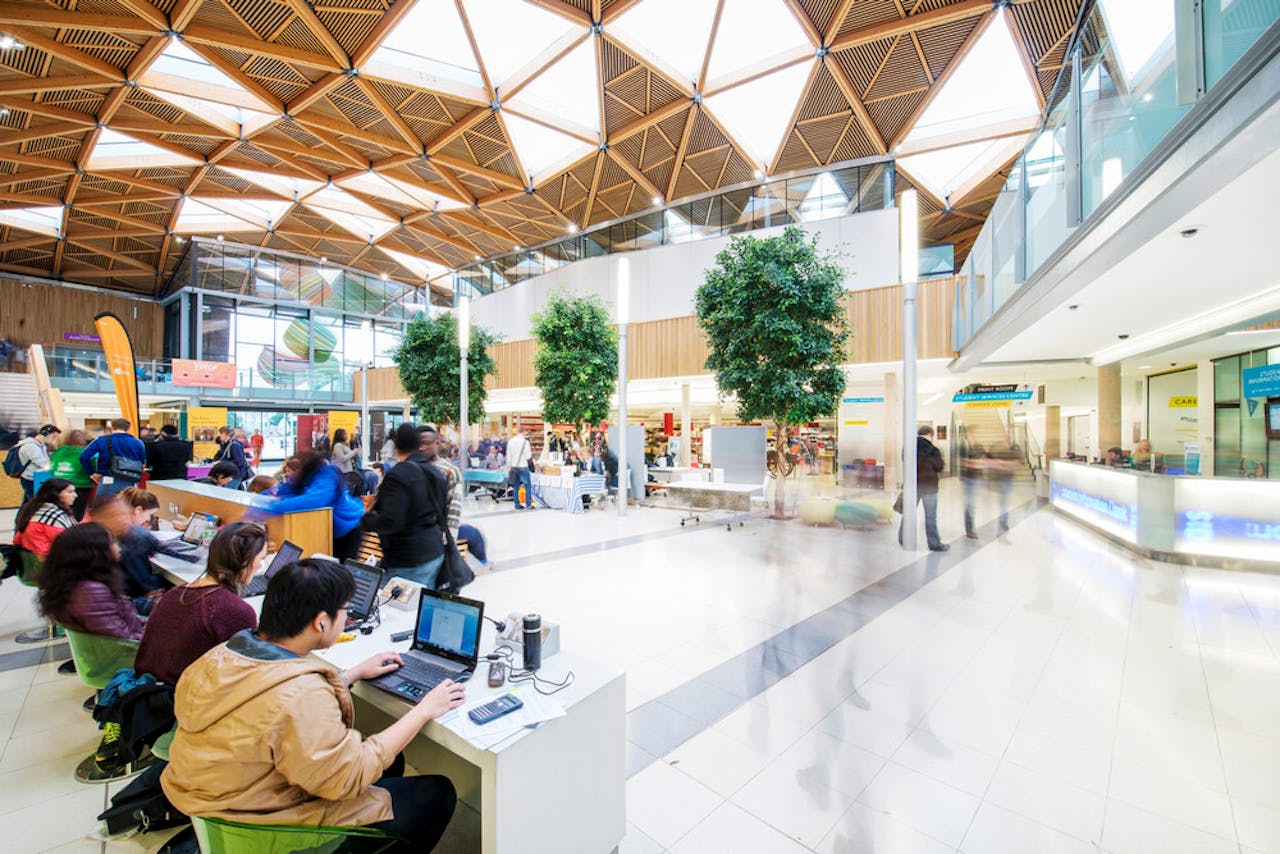Summary
Engagement with university can be complicated and overwhelming at times, particularly to those who are new to careers within their schools. It may seem that there is too much available and you simply do not know where to direct your students. This blog has hopefully helped to break down the opportunities and provide guidance of not only how to participate but to thrive with your university support for students.
Engagement with universities, as discussed, comes in many formats. From individual activities such as ad hoc talks to subject-specific focused workshops. Options are aplenty and are often very balanced in their views (not hard selling their universities to your students). These activities are excellent in providing exposure to universities and therefore can help your school or college to reach The Gatsby Benchmarks. Outreach programmes tend to take this one step further; supporting students over a longer period of time and increasing their awareness and understanding of universities, as well as providing much-needed motivation to your students to maximise their academic potential.
Finally, at post-16 there are programmes that are designed for students who have had exposure at younger years and now know which university they want to attend. Contextual offers and scholarships are often in place to not only support students to progress to their firm university choice but also to support them financially and academically to thrive once they have entered the university. For outreach programmes there is often an eligibility criteria in place to ensure the programmes are supporting the students who need the additional support.
Ultimately the educational sector can be a tricky environment to navigate, especially when it feels that universities are competing to get access to your students. However, breaking down the offerings and deciding what is best suited to your students (activities versus programmes) can reap incredible rewards including greater insight into university life and accurate and reliable information to support academic growth and success.





